CRATE TRAINING CHICAGO IL
Looking for the best crate training Chicago, IL has to offer? I use positive reinforcement methods to help dogs of all ages learn to love their crate. Whether you’re training puppies who need help with potty training or addressing separation anxiety in adult dogs, I’ll create a customized training plan that works for your dog’s unique needs.



WHY CRATE TRAINING MATTERS
A properly crate-trained dog has a safe space of their own, a den where they feel secure and can relax. For dog owners, crate training provides peace of mind knowing your dog is safe when you can’t supervise them directly.
Essential for Potty Training – Crate training is the foundation of successful potty training. Dogs naturally avoid soiling their sleeping area, making crates invaluable for teaching bladder control and establishing bathroom routines. This is especially important when training puppies.
Prevents Destructive Behavior – Unsupervised dogs can destroy furniture, chew dangerous items, or get into toxic substances. A crate keeps your dog safe and your home intact when you’re away or busy.
Creates a Safe Space – Dogs need somewhere to retreat when overwhelmed, tired, or wanting quiet time. A crate becomes their personal sanctuary where they can decompress without interruption.
Facilitates Safe Travel – Whether driving across town or flying across the country, a crate-trained dog travels safely and with less stress. They already know their crate is a comfortable, familiar space.
Aids Recovery from Illness or Injury – If your dog ever needs restricted activity after surgery or during illness, crate training makes recovery far less stressful for both of you.
Prevents Separation Anxiety Development – While crates shouldn’t be used to “fix” existing separation anxiety, proper crate training from a young age helps prevent anxiety from developing by teaching dogs that being alone is safe and normal.
MY CRATE TRAINING APPROACH
My training methods focus on making the crate your dog’s favorite place through positive reinforcement and gradual progression:
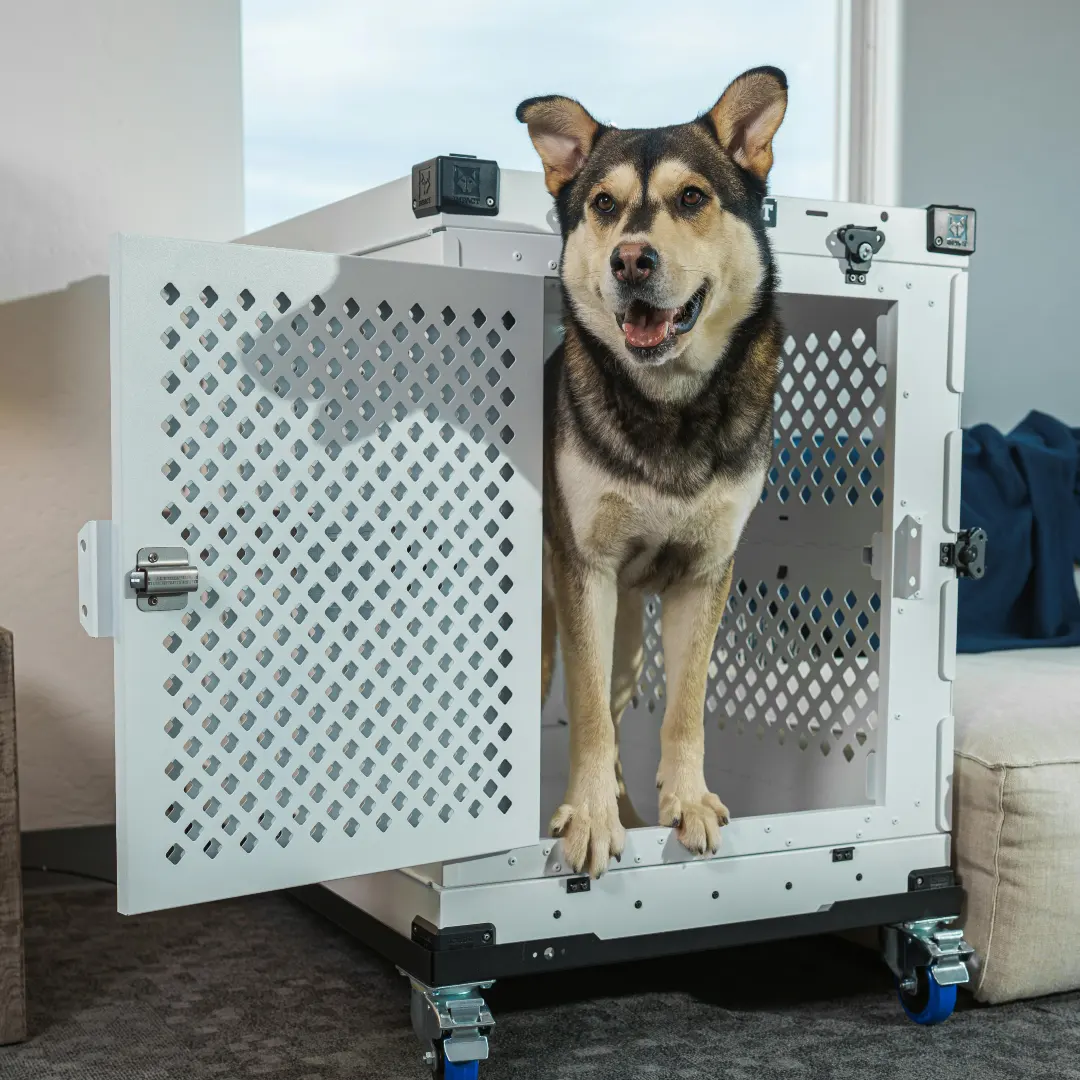
Proper Introduction – I start by making the crate inviting. Door open, comfy bedding, treats scattered inside, the crate becomes interesting and rewarding without any pressure. Your dog explores at their own pace.

Feeding in the Crate – One of the most effective training techniques is feeding meals in the crate. Food creates powerful positive associations. I start with the bowl near the crate, gradually moving it deeper inside until your dog eagerly enters for meals.

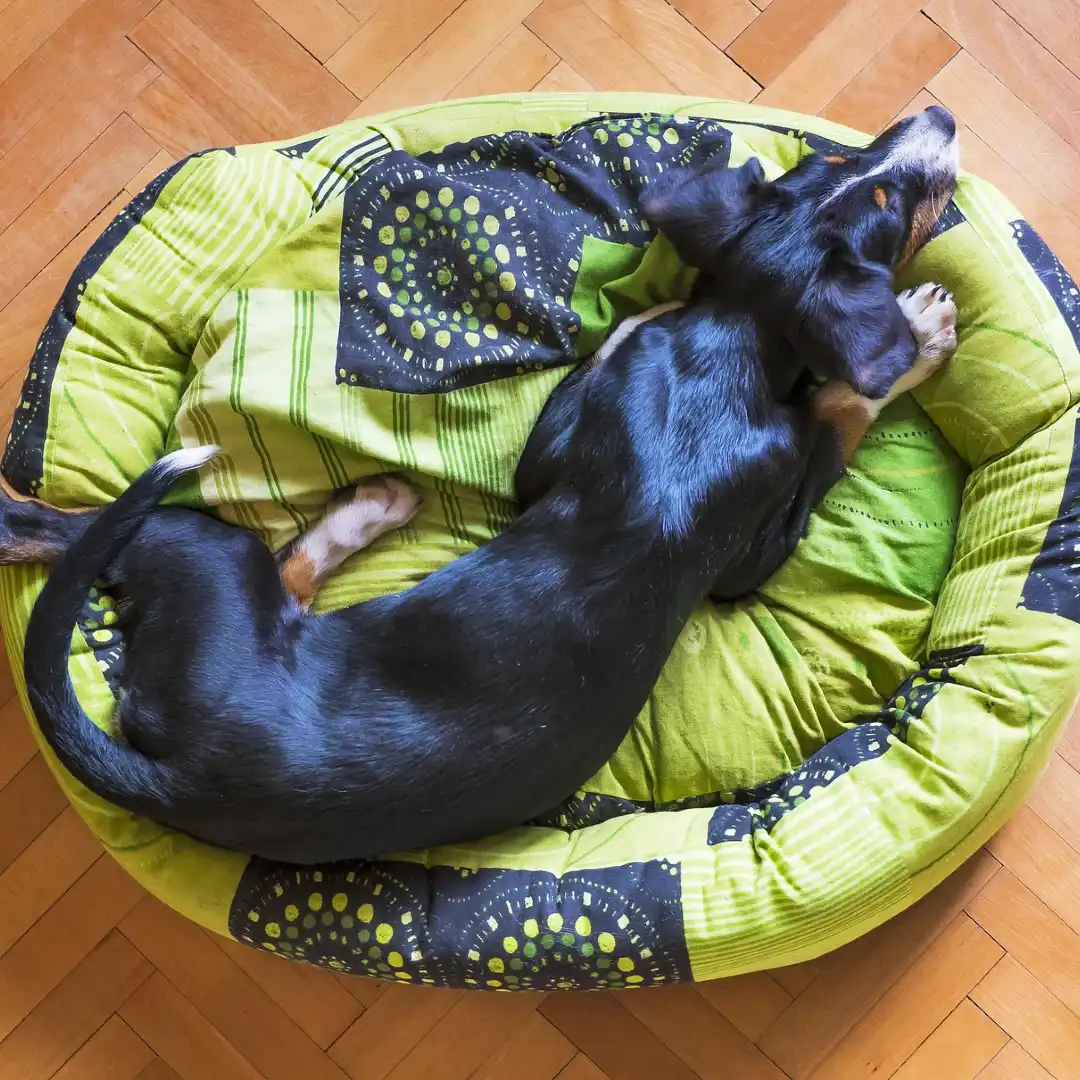
Short, Positive Sessions – Initial training sessions last just seconds. Your dog goes in, gets rewarded, and comes right back out. I build duration gradually, preventing overwhelming your dog and ensuring every experience is positive.
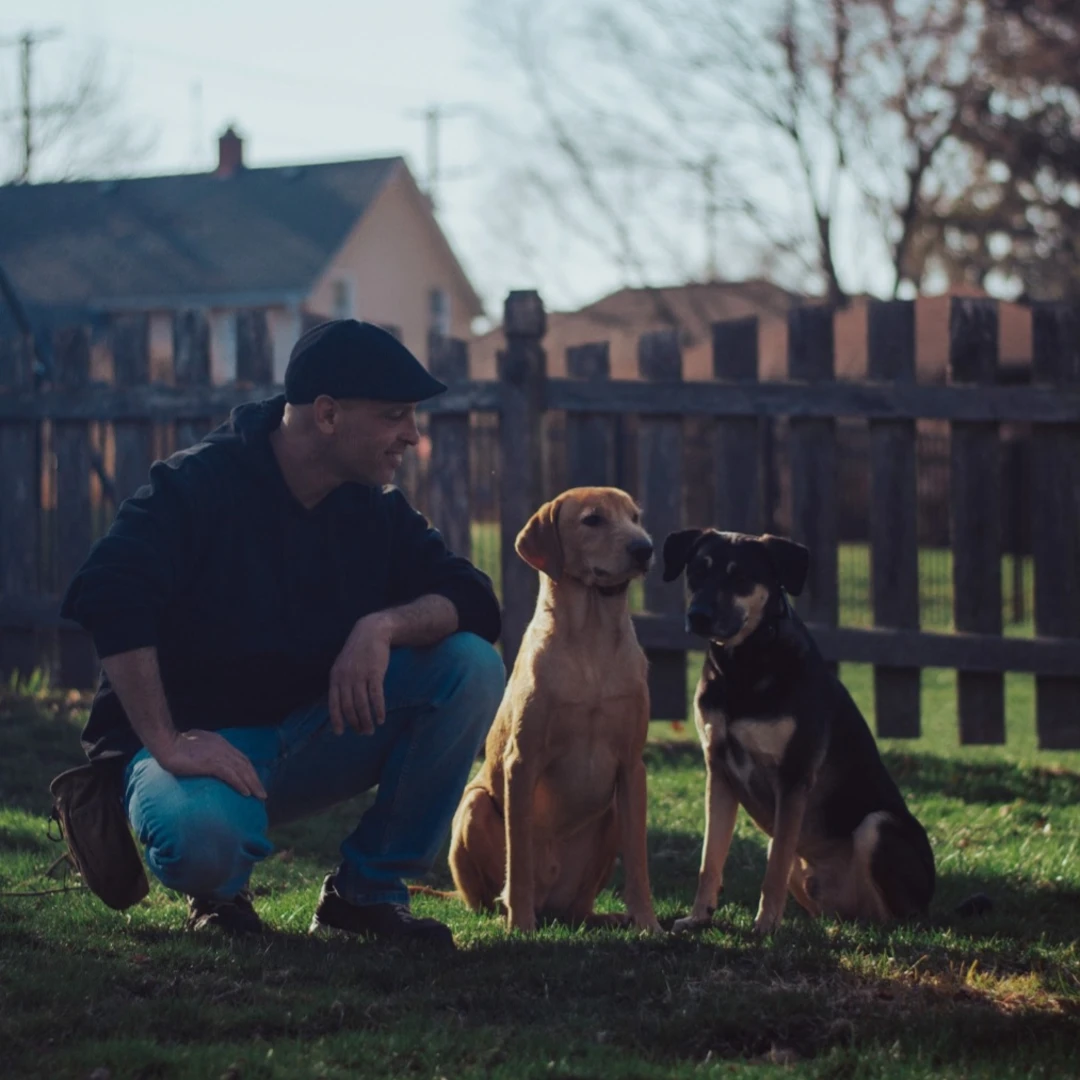
Duration Building – Once your dog enters willingly, I slowly increase the time with the door closed. First 10 seconds, then 30, then a minute, always rewarding calm behavior. Rushing this step creates behavior issues.

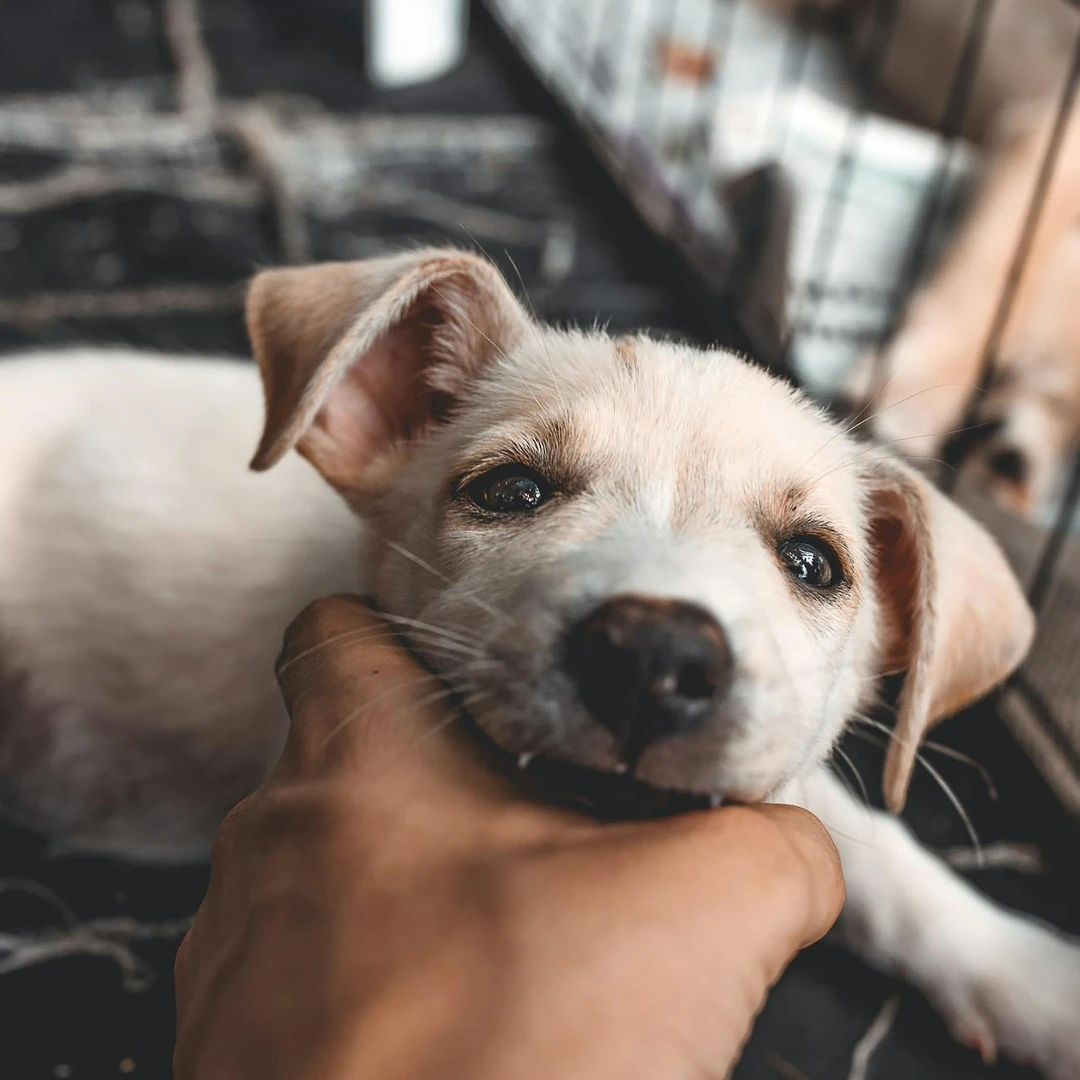
Distance Training – Your dog needs to be comfortable in the crate even when you’re not right there. I systematically build your ability to move away, leave the room, and eventually leave the house while your dog remains calm.
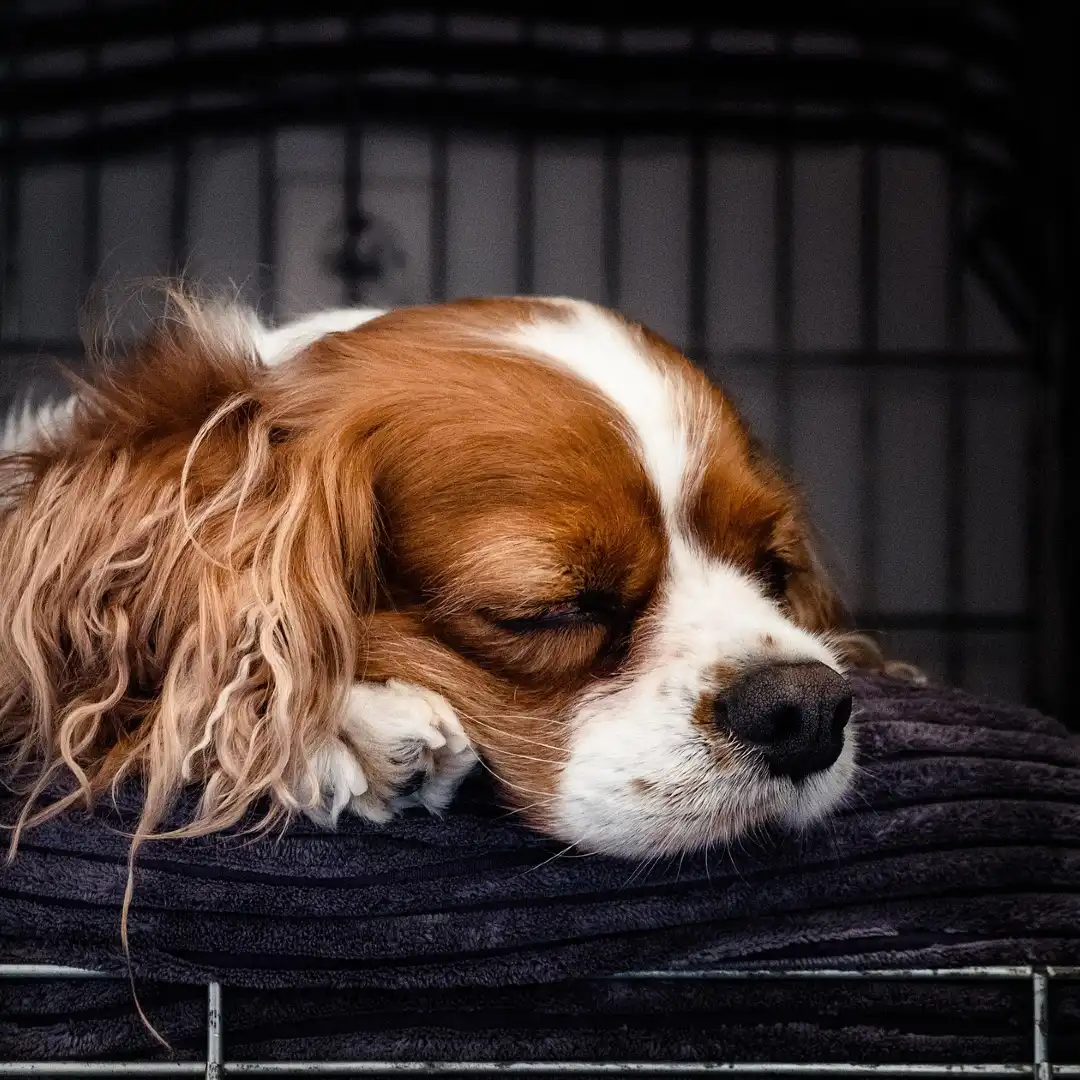
Addressing Anxiety – If your dog shows signs of separation anxiety or crate anxiety, I adjust my training approach. Some dogs need slower progression, others benefit from additional comfort items or different training methods entirely.

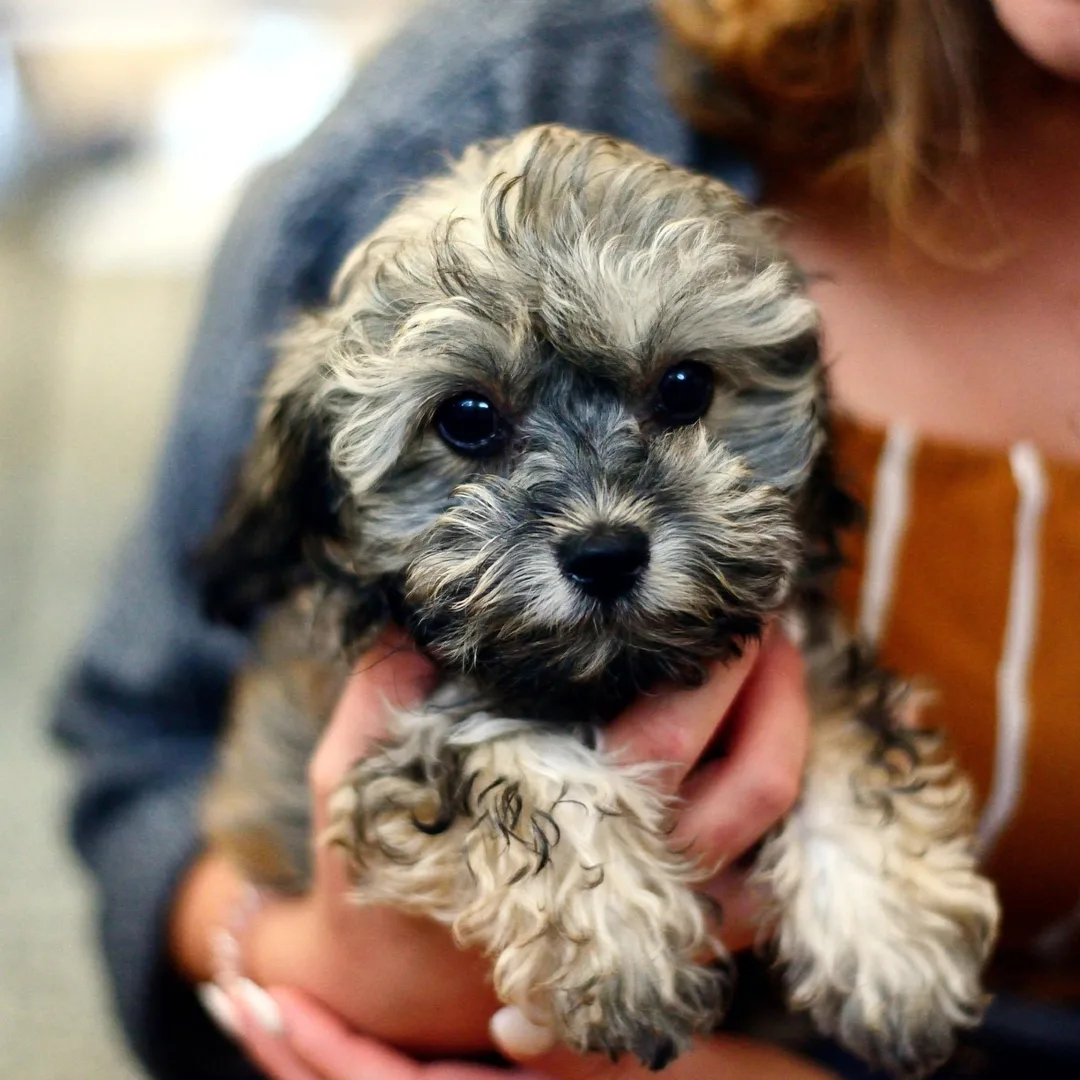
Age-Appropriate Expectations – Training puppies requires more frequent breaks and shorter durations than adult dogs. My training plan adjusts to your dog’s age, bladder capacity, and developmental stage.
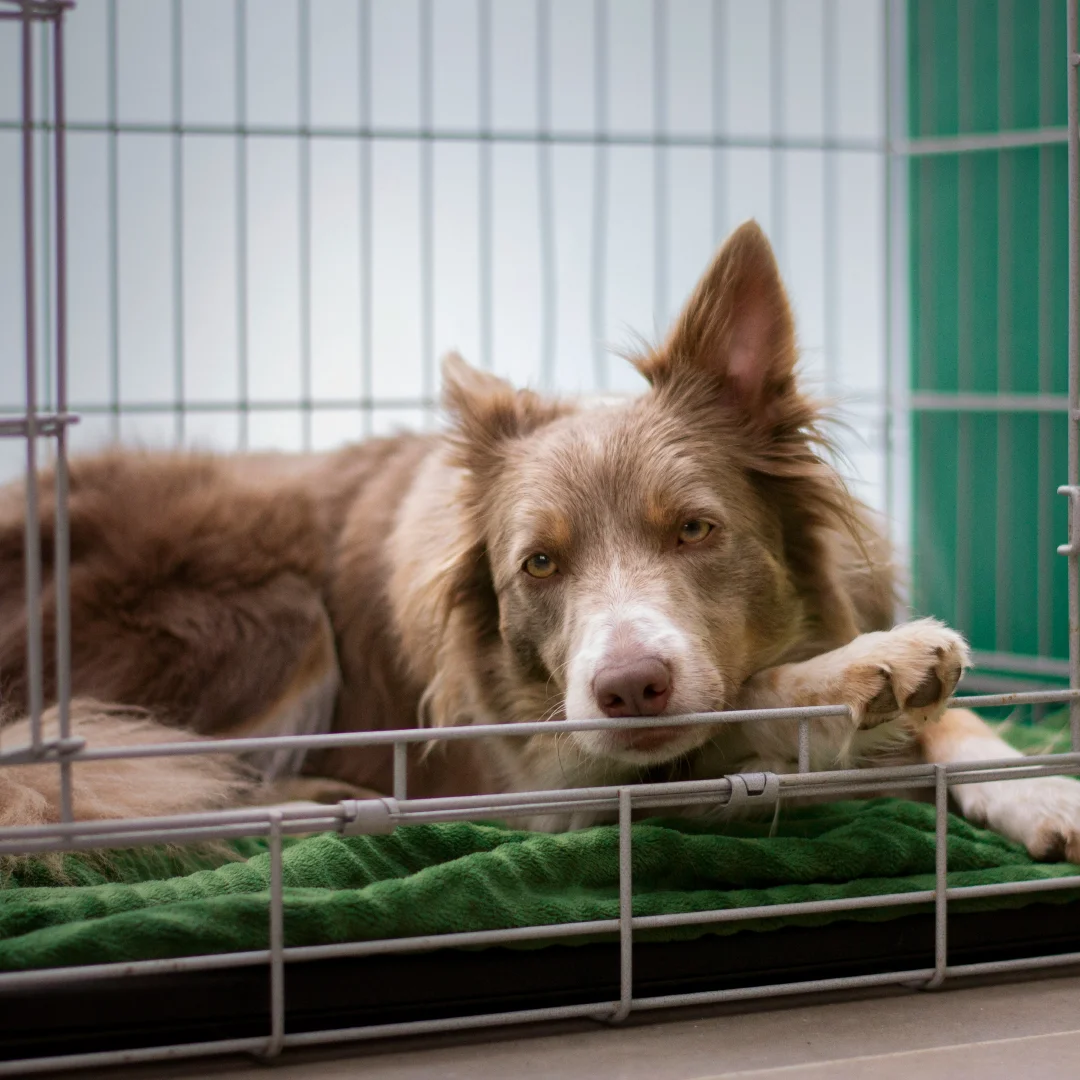
Problem-Solving – If your dog regresses, panics, or develops unexpected behavior issues, my professional trainers troubleshoot and adjust the plan. Every dog’s unique needs require flexibility.

WHAT YOUR DOG WILL LEARN
Entering Willingly – Your dog will walk into their crate happily on their own, without forcing or coaxing. They’ll associate the crate with good things and choose it as a resting spot even when the door is open.
Calm Settling – Once inside, your dog learns to relax and settle rather than whining, barking, or attempting to escape. This calm behavior makes crating stress-free for everyone.
Duration Tolerance – Your dog gradually builds the ability to stay crated for appropriate periods based on their age and needs, essential for potty training success and household management.
Independence Skills – Crate training teaches your dog that being alone is safe and normal. This independence prevents clingy behavior and supports overall good behavior.
Crate as Safe Space – Eventually, your dog actively chooses their crate when tired, overwhelmed, or wanting quiet time. It becomes their sanctuary, not a prison.
TRAINING OPTIONS
One-on-One Training (In-Home Sessions) – Most families benefit from private sessions where I come to your home. I assess your setup, work directly with your dog, and teach you my training techniques. This personalized training experience addresses your specific dog training needs and household dynamics. Dog training classes typically occur weekly, with practice homework between visits.
Board & Train Programs – If your dog will be staying with us for other behavioral issues, I can incorporate crate training into their program. They’ll learn crate skills in my environment, then I teach you how to transfer those skills to your home.
All my training approaches use positive reinforcement and proven training methods that create lasting success without stress or fear.
CRATE TRAINING SERVICES IN CHICAGO
I provide professional crate training services throughout Chicago, IL, and nearby areas like Naperville, Aurora, St Charles, Rockford, Arlington Heights, Oak Park, Elmhurst, and the surrounding areas. I come directly to your home to teach your dog that their crate is a safe, positive space, not a punishment.
CRATE TRAINING FAQ
How long does crate training take? Most dogs adjust to crates within 2-4 weeks with consistent training. Some take longer, especially adult dogs new to crating or those with previous negative experiences. The training plan progresses at your dog’s pace.
How long can dogs stay in crates? Puppies can hold their bladder roughly one hour per month of age (so a 3-month-old puppy needs breaks every 3 hours). Adult dogs shouldn’t exceed 4-6 hours regularly, though some can manage 8 hours overnight. Every dog’s needs differ.
Should I cover the crate? Many dogs prefer covered crates as they’re more den-like. Try it and see if your dog settles better. Some dogs prefer seeing their surroundings. Let your dog’s behavior guide you.
What if my dog cries in the crate? Some whining is normal initially and should be ignored to avoid reinforcing it. However, if your dog is truly distressed (frantic, attempting to escape, showing signs of panic), don’t ignore it. This signals the training is moving too fast or there’s an underlying issue requiring professional help.
Can crate training help with potty training? Absolutely. Crate training is the most effective potty training tool available. Dogs naturally avoid soiling their sleeping area, making crates perfect for teaching bladder control and establishing bathroom routines.
What about separation anxiety? Crates aren’t a solution for existing separation anxiety and can make it worse. However, proper crate training from a young age helps prevent separation anxiety from developing. If your dog has separation anxiety, you should book a free in-person consultation with me so we can create a customized program.
My dog was crated too much by previous owners. Can they learn to like it? Often yes, but it takes patience and excellent training techniques. We need to create entirely new, positive associations. This process takes longer but is usually successful with the right training approach.
START CRATE TRAINING TODAY
I use proven training methods based on positive reinforcement to create positive experiences around the crate. I understand that every dog has unique needs, and my customized training plan addresses your specific situation. With patience, proper training techniques, and expert support, your dog will learn to love their crate.
Claim your free consultation today and discover how my crate training in Chicago, IL, can transform your dog’s relationship with their crate and give you the well-behaved, confident dog you deserve.
